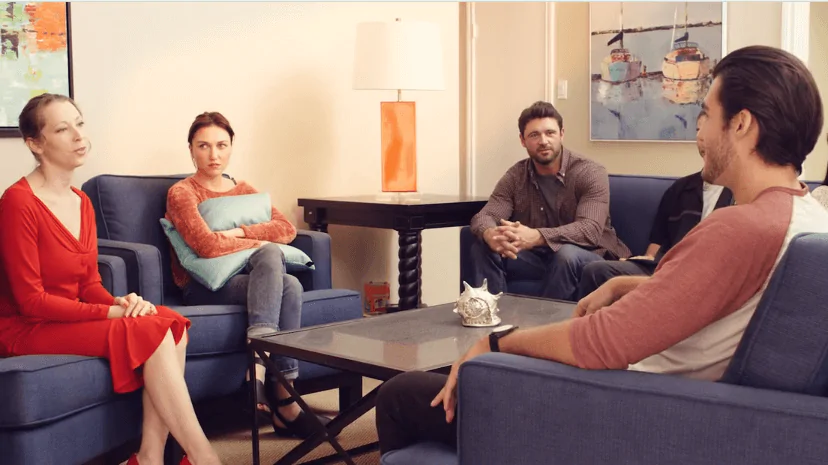24/7 Helpline:
(866) 899-221924/7 Helpline:
(866) 899-2219
Learn more about Schizophrenia Treatment centers in Randolph
Schizophrenia Treatment in Other Cities

Other Insurance Options

Optum

WellCare Health Plans

Covered California

Magellan

Regence

BHS | Behavioral Health Systems

Ceridian

Self-pay options

Sliding scale payment assistance

Ambetter

MHNNet Behavioral Health

BlueCross

Medical Mutual of Ohio

Private insurance

Excellus

Health Choice

PHCS Network

WellPoint

Cigna

Anthem


















